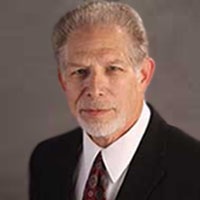Bakersfield Juvenile Law Lawyer, Vermont
Not enough matches for Bakersfield Juvenile Law lawyer.
Below are all Bakersfield Criminal lawyers.
Kenneth L. Geduldig
✓ VERIFIEDCriminal, Divorce & Family Law, Estate, Real Estate, Personal Injury
Kenneth Geduldig proudly serves Burlington, Vermont and the neighboring communities in the areas of criminal defense, divorce & family, estate, real e... (more)


